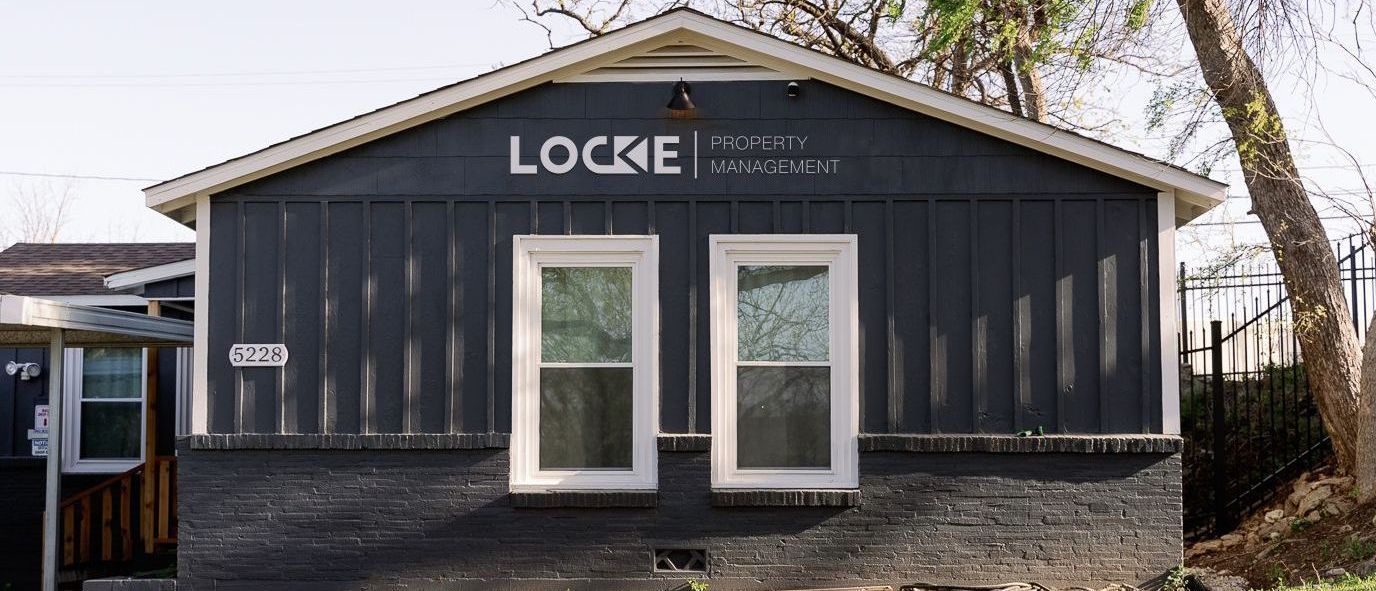Navigating the Financial Landscape: Expanding Your Rental Portfolio
Keys to financing your DFW metroplex real estate investment strategy
Owning a rental property in the Fort Worth and Dallas, Texas metroplex can be a rewarding venture, but it comes with its own set of financial considerations. Whether you're a seasoned residential or multi-family real estate investor or a first-time landlord, understanding the key financial aspects is crucial for long-term success. Here are some things to consider when it comes to navigating the financial landscape of owning more than one rental property in the Lone Star State.
Securing the right property at the right price is fundamental. Consult with a loan officer to explore financing options tailored to investment properties. Understand the down payment requirements, interest rates, and terms associated with investment property loans in Texas. Your loan officer contact is a key component to understanding the market and making informed decisions. A loan officer can also advise investors on how to offset your Debt-to-Income ratio (DTI) with future lease income on your rentals. Paired with the steadily dropping rates, investors can prepare to see an increase in their ROI and an increase in profit margins.
Because the nature of the market is volatile, it is important to stay up to date regarding rate and loan limit changes. For example, Fannie Mae and Freddie Mac recently increased the maximum loan limits applicable to conforming loans. Investors benefit from changes like this because they can benefit from better pricing; Jumbo prices are typically higher than conventional rates. Interest rate improvements also open the possibility of cash-out refinances if you want to benefit from your investment, or no cash-out refinances if you would like to continue growing your equity.
Texas offers certain tax benefits for property owners. Keep detailed records of your income and expenses as they will be crucial during tax filing. If you are looking to expand your portfolio, a loan officer can also assist with this step so you can avoid any complications with further purchases.
Consider hiring a professional property management service. A property management company can handle day-to-day tasks, be the voice of the owner without the awkward conversations, ensure your property is well-maintained and minimize vacancy periods with proven leasing strategies. A property management service can also help with unforeseen circumstances like delinquencies and evictions along with repairs and vacancies that can impact your cash flow. Having a reliable network will help you weather these challenges and ensure the long-term viability of your investment.
Owning a rental property in Texas involves careful financial planning and management. By understanding the market, knowing which loan products are available to you, making informed purchase and financing decisions, and implementing sound property management practices, you can build a successful and profitable investment portfolio in the vibrant real estate landscape of Texas.
To learn about the most up to date financing options for investment properties
click here to connect with a mortgage loan officer.
To learn more about our property management services click here or give us a call at 817-631-3233 or email hello@lockepm.com





